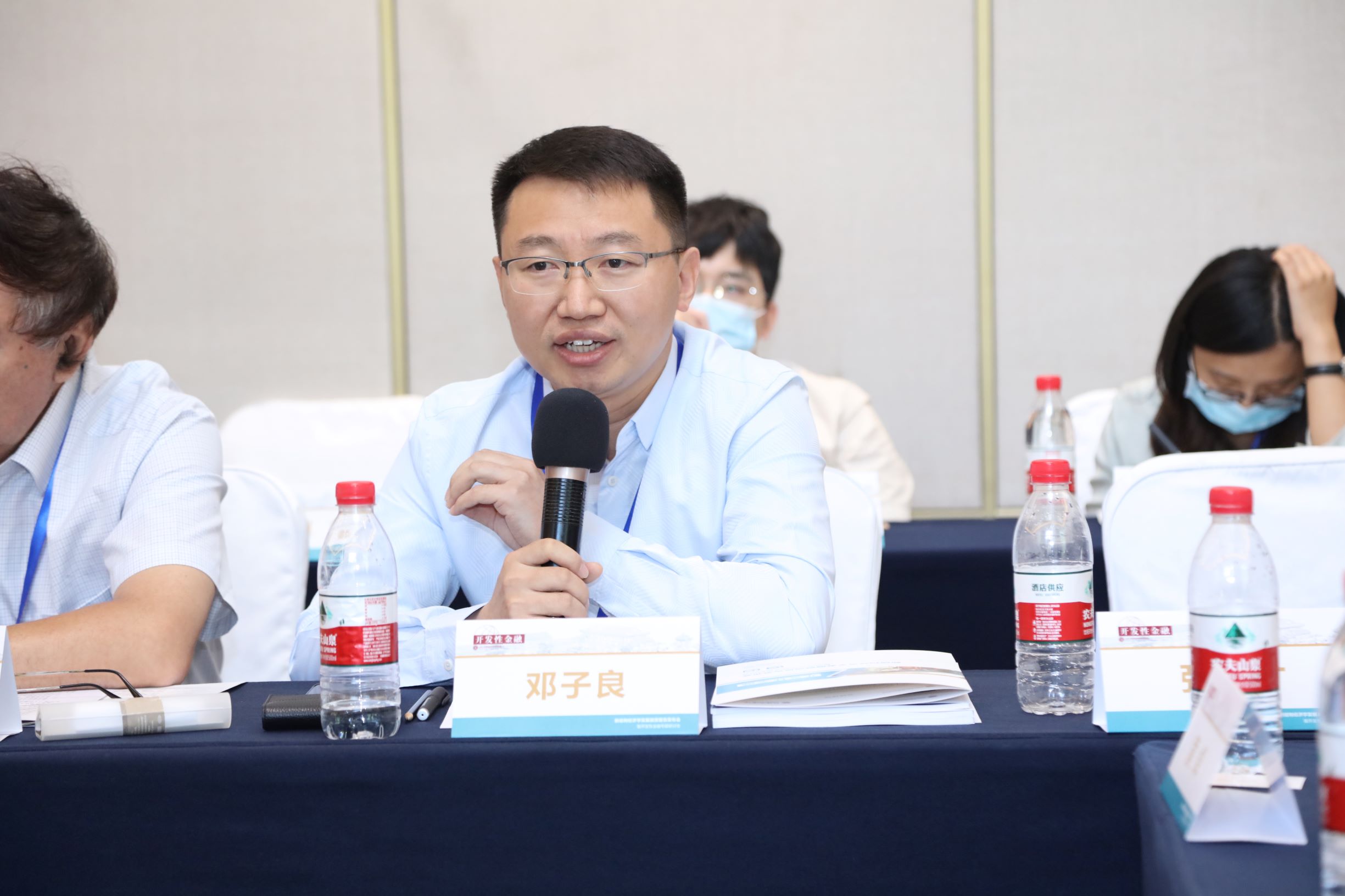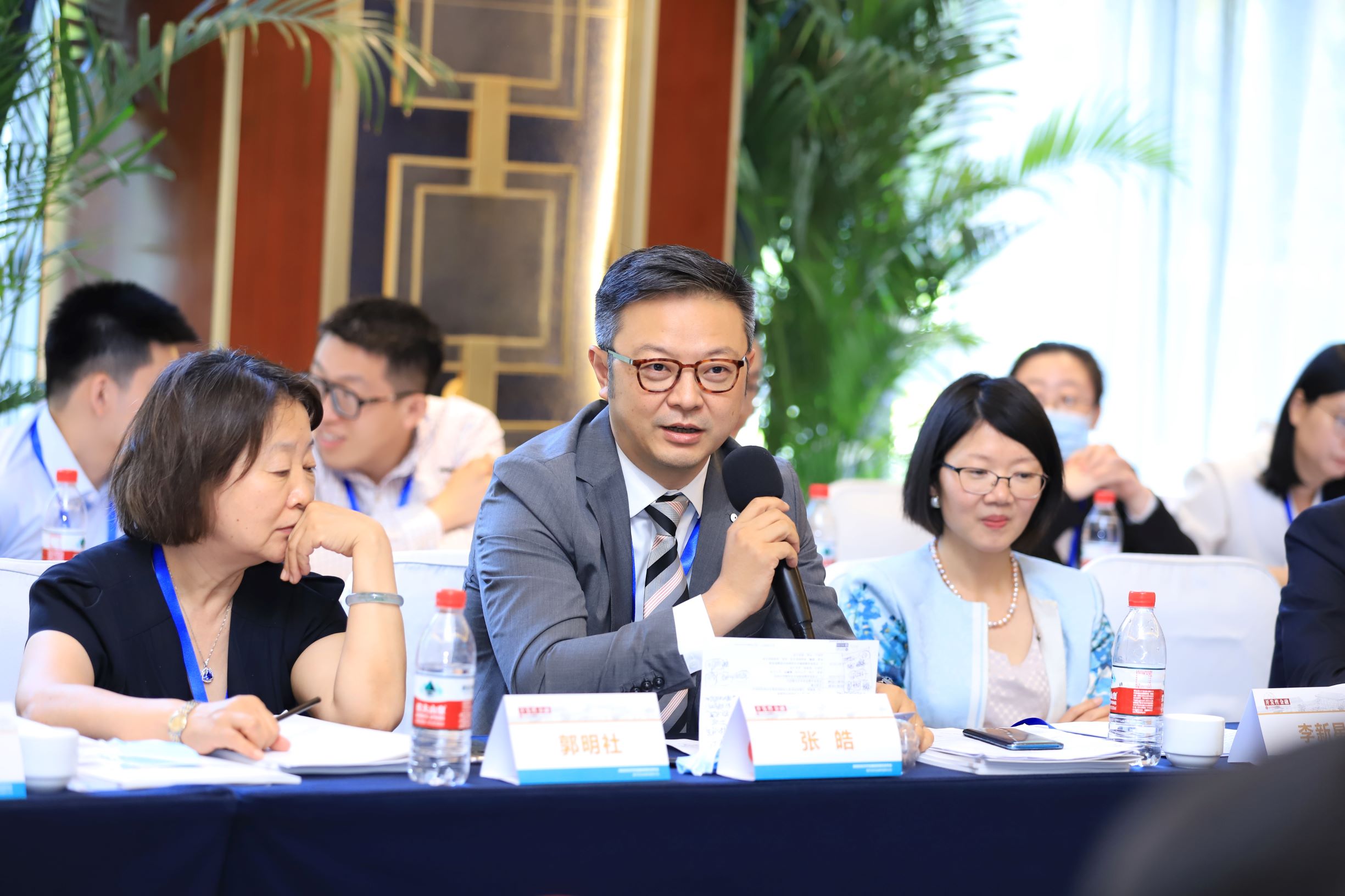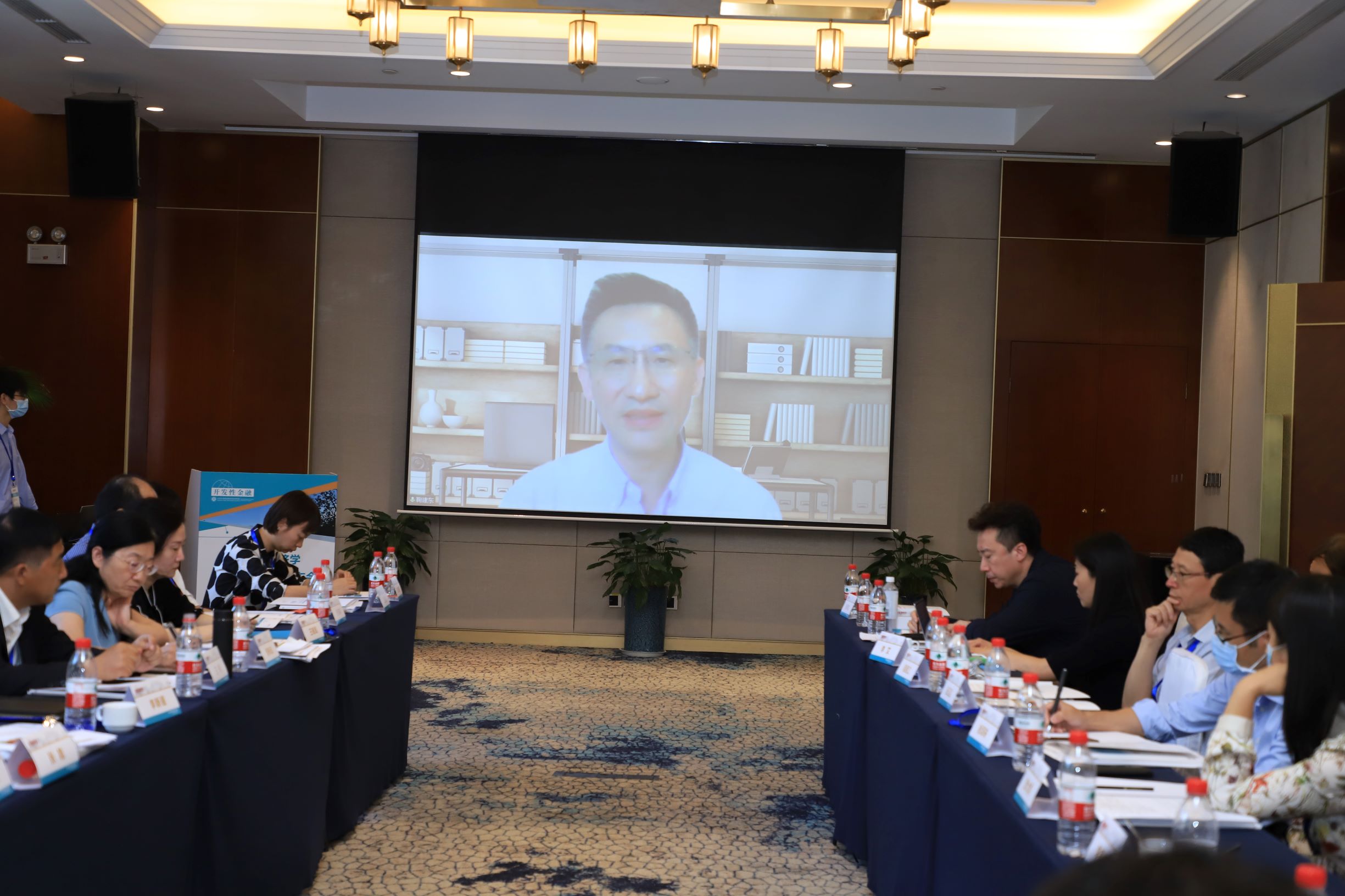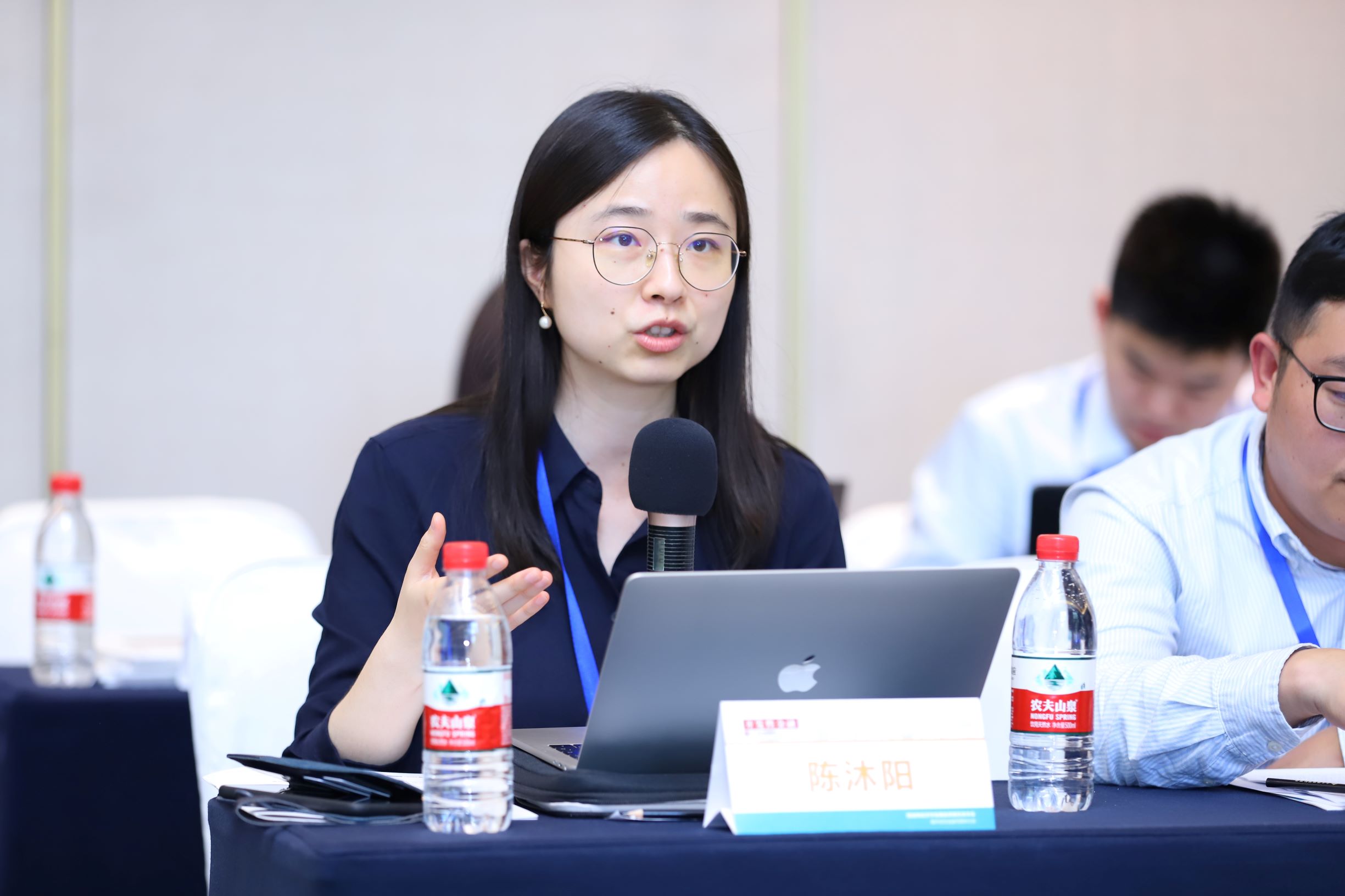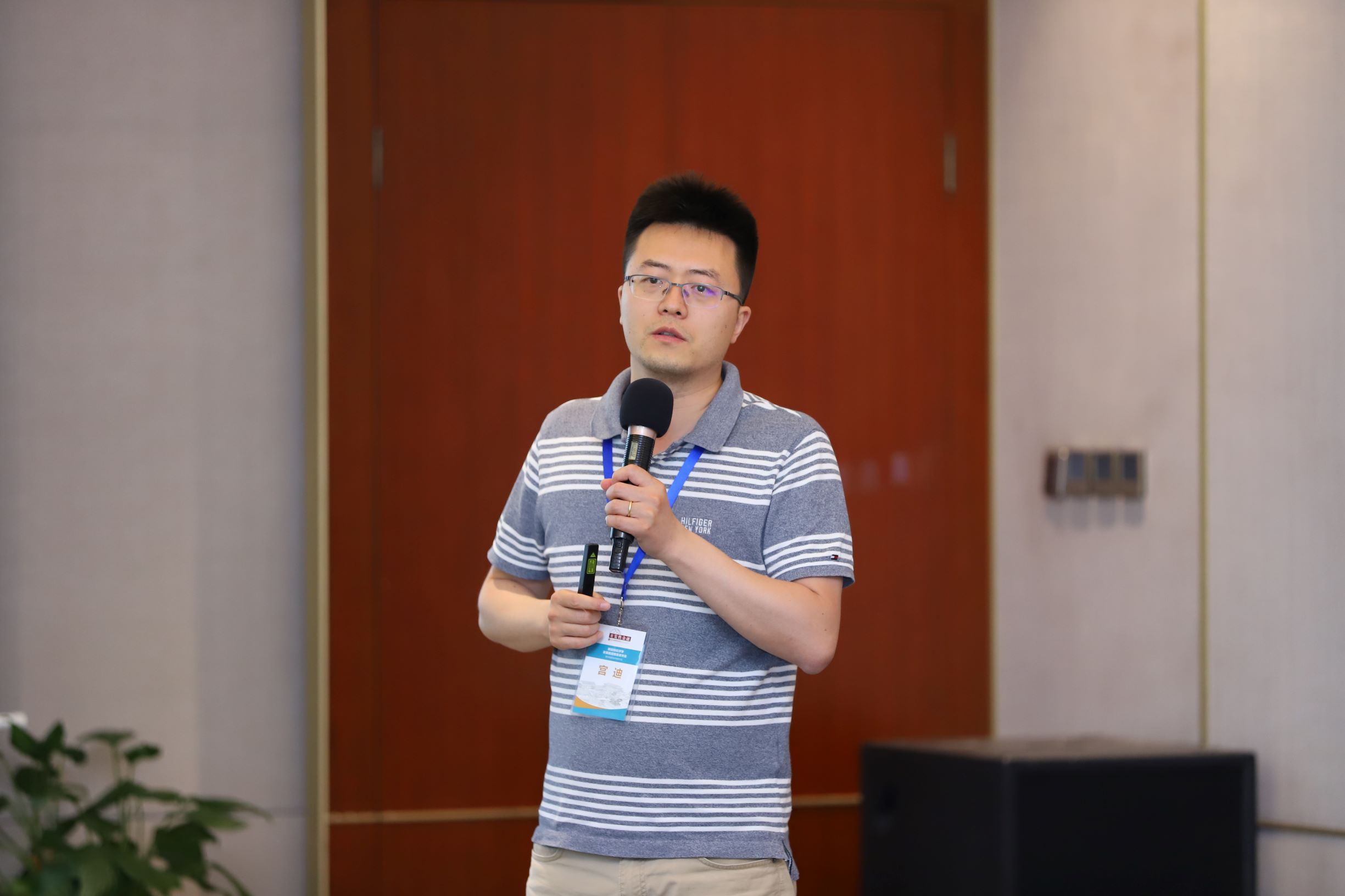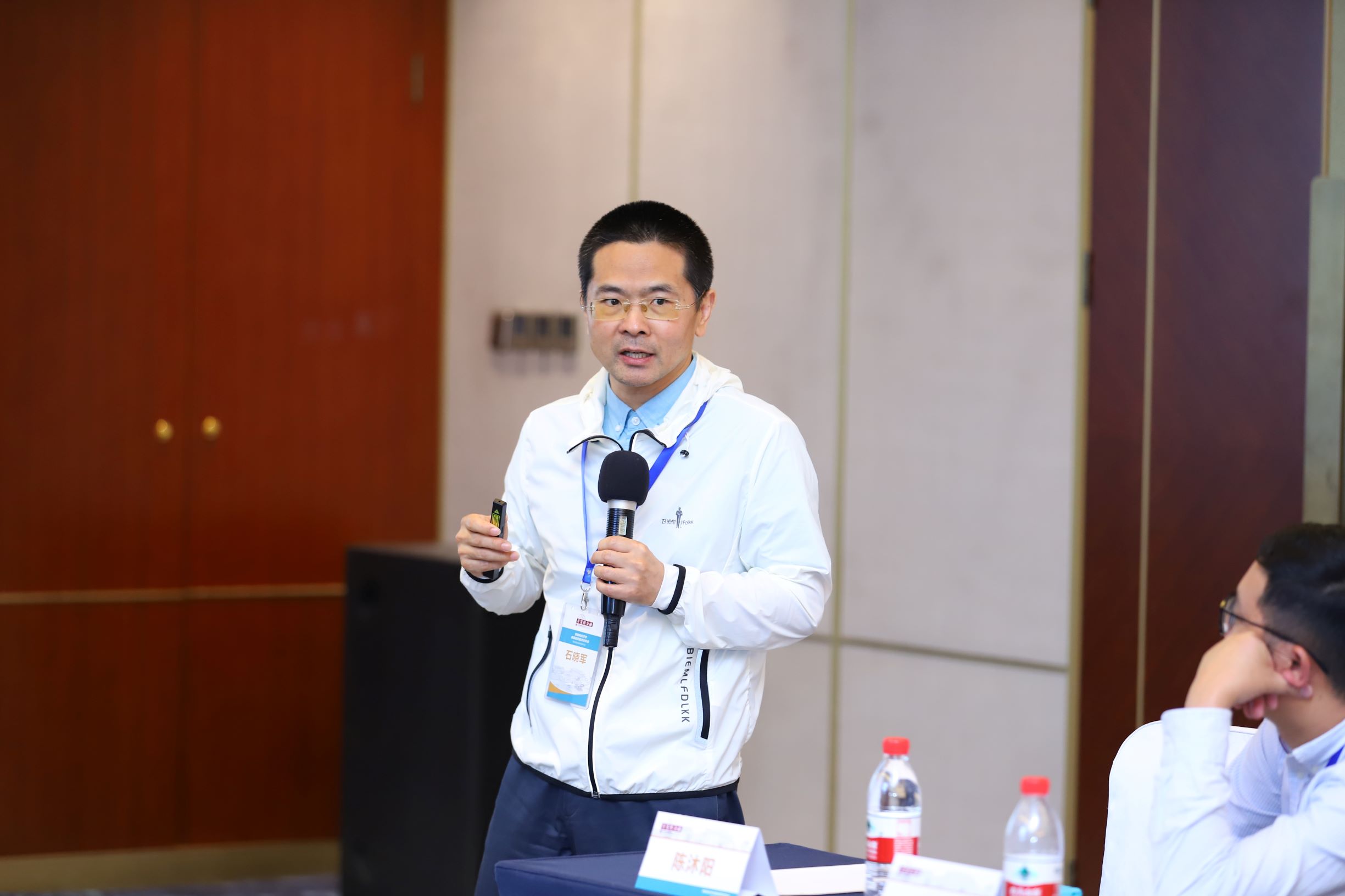Research﹀
-
Latest Activities NSE International Conference NSE Symposium/Winter Camp
-
Objectives and Actions Working Groups Database Reports & Publications Governance and Partners Events Policy Briefing
NSE Development Financing Reports Launched and Symposium Held in Beijing
2021-06-22
On June 18, 2021, building on the world’s first database on public development banks and development financing institutions initiated by the Development Financing Research Program at the Institute of New Structural Economics (INSE) at Peking University, the New Structural Economics Development Financing Reports were launched in Beijing. The event was jointly organized by the Institute of New Structural Economics of Peking University (INSE) and the Editorial Office of Chinese Economics Quarterly. To build a community of DFI practitioners and researchers, a symposium was held to supported by the People’s Bank of China School of Finance at Tsinghua University, Huazhong University of Science and Technology (HUST) School of Economics, School of Economics at Liaoning University, and the International Development Cooperation Academy at Shanghai University of International Business and Economics with the (onsite and online) participation of over 200 policy makers, practitioners, researchers, and experts from a wide range of institutions related to development financing. The event is sponsored by Ford Foundation. The purpose is to incubate the emerging discipline of DFI, enhance its academic research and foster policy dialogue.
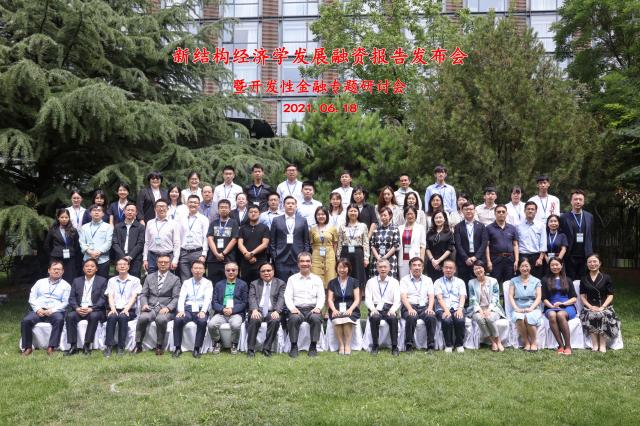
Jiajun Xu, the Executive Deputy Dean of INSE, chaired the opening session. Professor Justin Yifu Lin, Dean of INSE, and Zhuo Huang, Deputy Editor-in-Chief of the Chinese Economics Quarterly, delivered opening remarks.
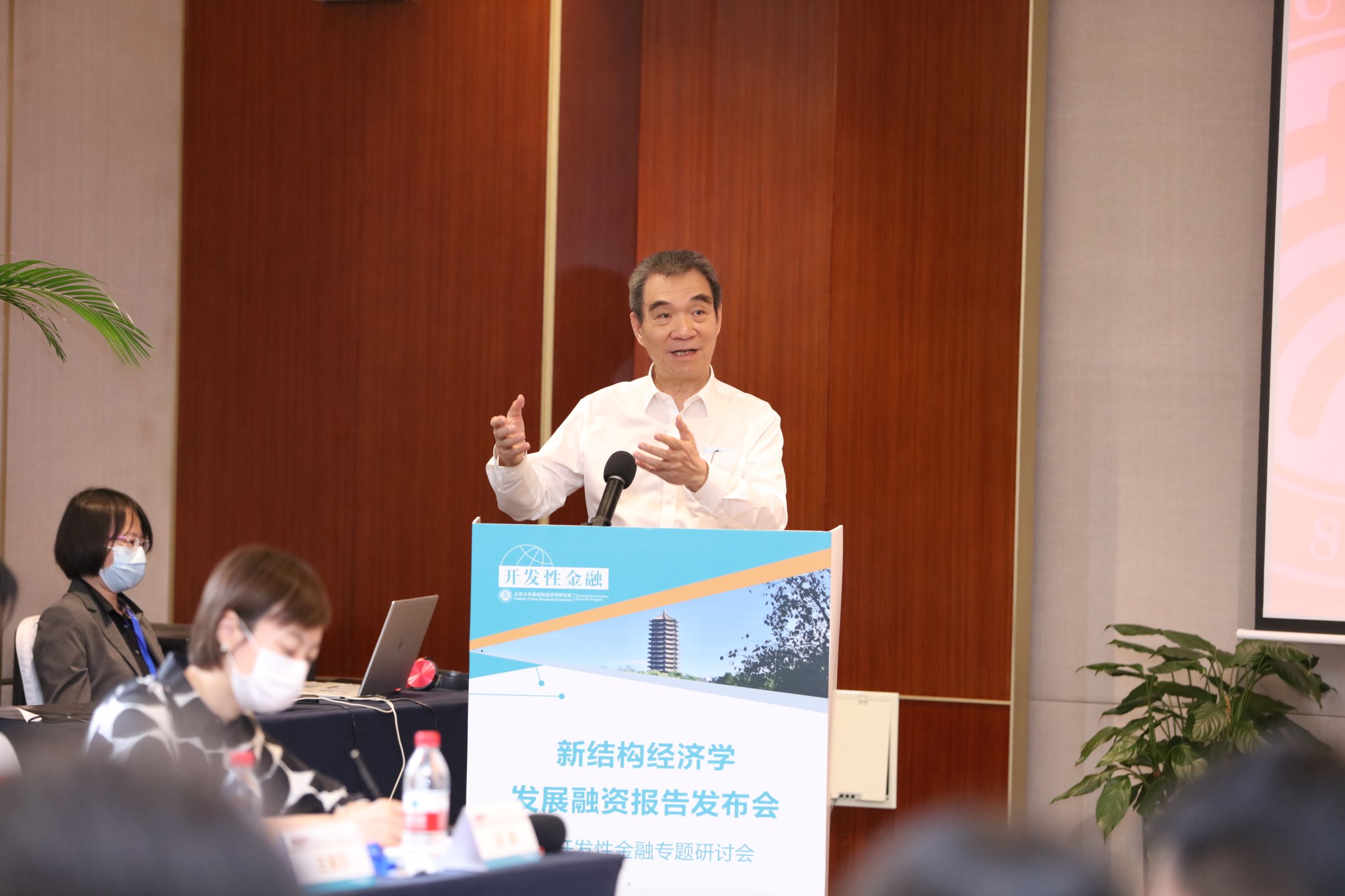
Professor Justin Yifu Lin began his remarks with a brief introduction on how New Structural Economics (NSE) can contribute to the theoretical innovation of modern economics. The theories based on the experiences of developed countries may not be applicable to developing countries with different conditions and environment, as there are structural differences between developed countries and developing countries such as factor endowments. NSE emphasizes the structural differences between countries at different stages of development, and proposes that developing countries should create synergies between effective markets and facilitating governments. NSE recommends that economies should follow their potential comparative advantages determined by their factor endowment structure and then explore institutional arrangements that are compatible with the industrial structure. Focusing on the core development issue of how finance better serves real economy, the New Structural Financial Economics, as a sub-discipline of the NSE, emphasizes that the financing scale and risk of the real economy and infrastructure determine the appropriate financial arrangements. Development financing is an important tool for the government to optimize the financial structure and realize the economic structural transformation. With the outbreak of the financial crisis and the COVID-19 epidemic, DFIs have been revived around the world, and the boom in China's PDBs and DFIs in recent years has provided a valuable opportunity for researchers to learn from past successes and failures. Therefore, from the perspective of NSE, the research community is expected to make original research on the rationale, performance effectiveness and suitability of system design of DFIs. Professor Lin concluded his remarks by encouraging participants to pursue theoretical innovations with the spirit of "Changwu" (i.e., "seeking truth from facts"), so as to realize the ambitious goal of "knowing the world and changing the world".
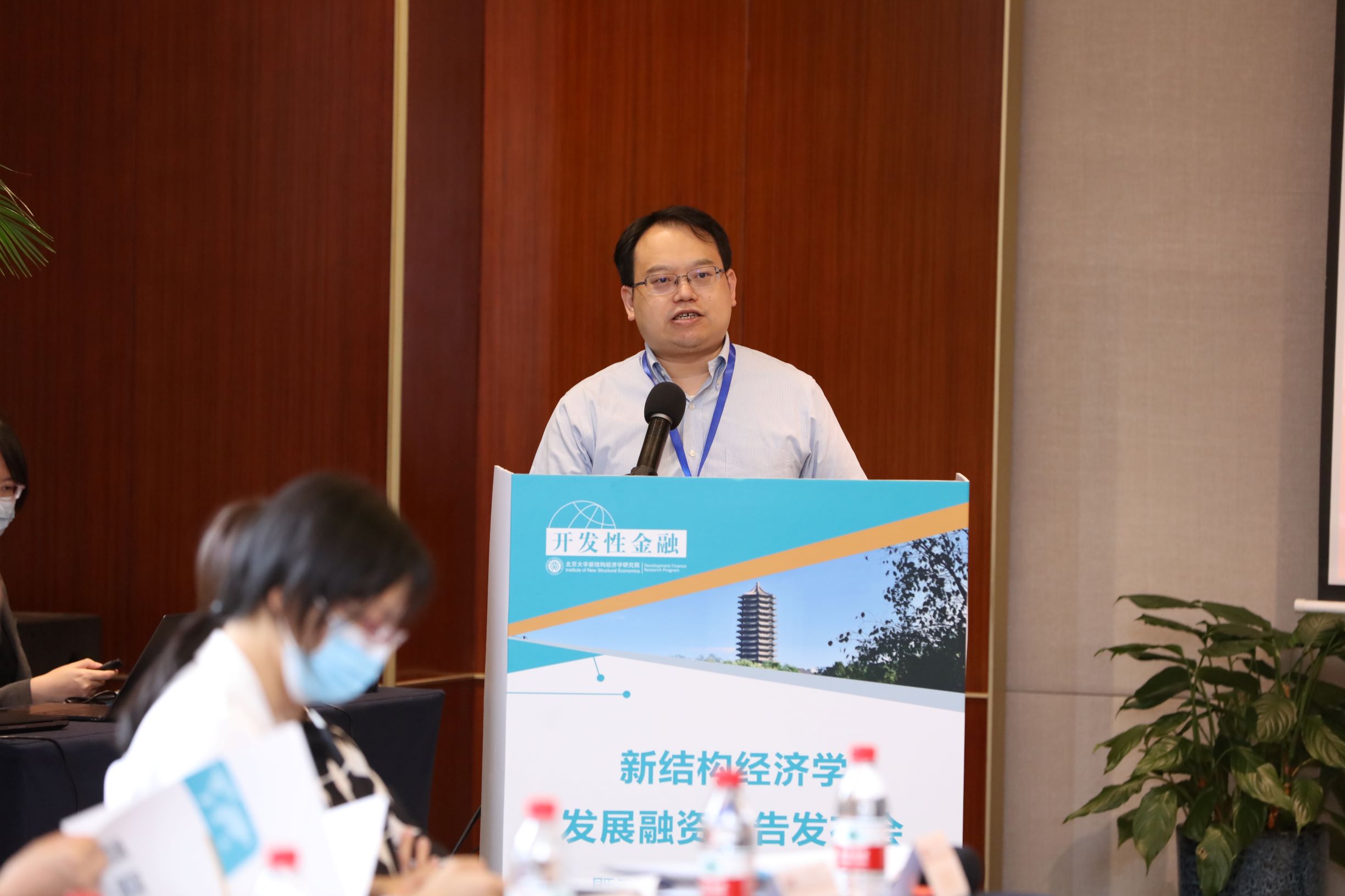
Mr. Huang highlighted the role of DFIs as a complement to commercial financial institutions, and its irreplaceable role in financing infrastructure, supporting the real economy, and correcting market failures. Hence, how to improve the overall abilities of DFIs is a worthy topic for the academia, policy and practitioners. The development financial institutions database developed by INSE, in particular, has laid a solid foundation for further academic research. Finally, he proposed several possible focuses of future studies, including the digitalization of DFIs, the new implication of infrastructure in an age of digitalization, and DFIs’ support of green finance.
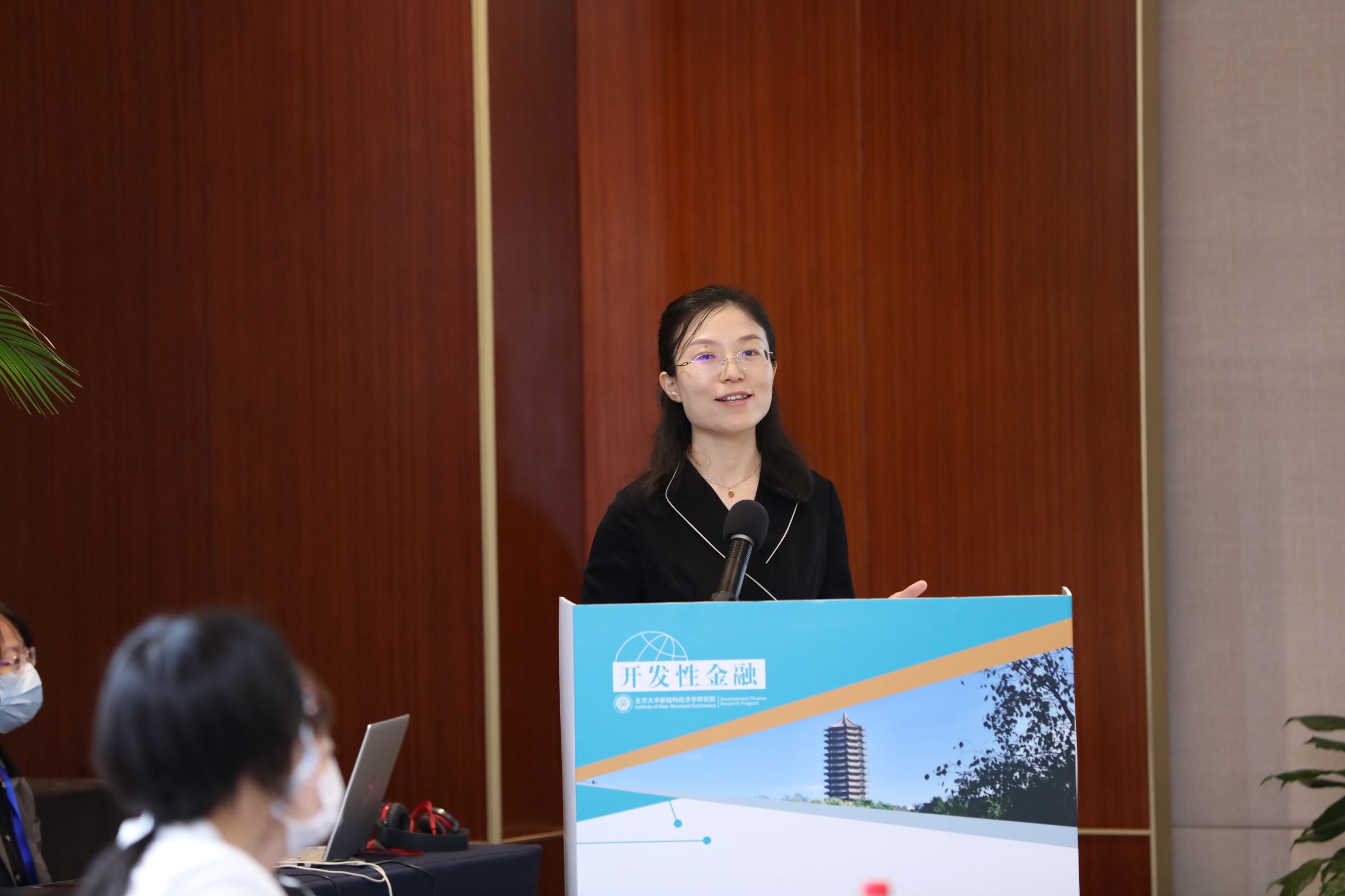
Following the introductory session, Jiajun Xu, Executive Deputy Dean of INSE, launched two reports - Qualifying and Classifying Public Development Banks and Development Financing Institutions and Funding Sources of National Development Banks.
Based on the pilot effort of INSE to build the world's first DFIs database, INSE and French Development Agency have collaborated to refine the qualification criteria for identifying PDBs and DFIs and classifying them to reveal their diversities. In total, 527 PDBs and DFIs are identified worldwide.
Building on the firsthand data collection, the flagship report titled Funding Sources of National Development Banks presents the typologies of funding sources for national development banks worldwide, identifies stylized facts of funding sources to lay the foundation for further academic and policy research.

Professor Xinqiao Ping, Deputy Director of the Division of Economics & Management of Peking University and Yong Liu, Distinguished Researcher of the Counsellor's Office of the State Council and former Chief Economist of China Development Bank, offered comments. Professor Ping stated that by establishing the most comprehensive database of PDBs and DFIs, the INSE team has made remarkable academic contributions with significant international impact. He gave theoretical insights on the roles of development banks in the process of economic development and structural transformation, and offered suggestions on two possible research topics. Mr. Liu shared the policy positioning of development financing and policy financing, encouraging the team can further deliver China’s story, wisdom and development to the world, while collaborating with international colleagues for greater impact.
The morning session concluded with a roundtable discussion, with Wencai Zhang, Vice President of Agricultural Development Bank of China; Yanfei Ye, Primary Inspector of Policy Research Bureau of CBRC; Mingshe Guo, Vice President and Secretary-General of China Association for the Promotion of Development Financing; Ziliang Deng, Deputy General Manager of Strategic Planning Department of Export-Import Bank of China; Weihua Wang, Senior Expert of China Development Bank; Hao Zhang, Deputy Chief Representative of the Asian Development Bank in China; Xinxing Li, Chief Representative of European Bank for Reconstruction and Development Beijing Representative Office; Jiandong Ju, Unigroup Chair Professor of PBC School of Finance at Tsinghua University; Wei Wang, Professor of School of Economics at Liaoning University; and Meibo Huang, Director of International Development Cooperation Academy at Shanghai University of International Business and Economics as panelists. The panelists engaged in a lively discussion on three important issues regarding the position and prospect of development financing in face of the new development paradigm.
The first topic focuses on how development financing can be reformed as China turns into a high-income economy. Panelists agreed that DFIs should prioritize distinguishing themselves from the commercial banks by focusing on areas that the commercial financial sector fails to finance. Based on the experience of China Development Bank, Export-Import Bank of China and Agricultural Development Bank of China, panelists from national development banks stressed the importance of optimizing financial structure, enhancing cross-country cooperation, and creating specialized laws for PDBs.
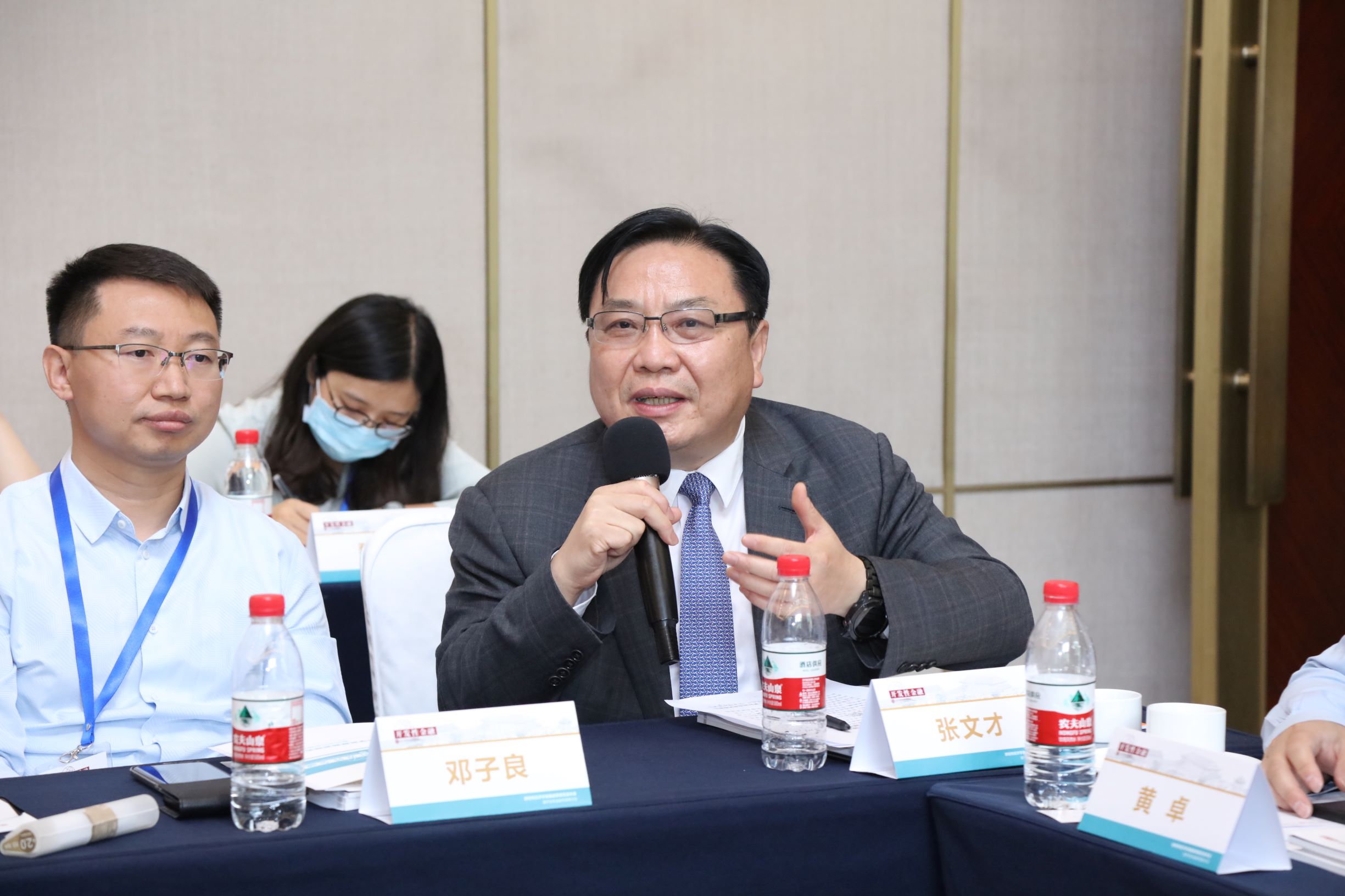
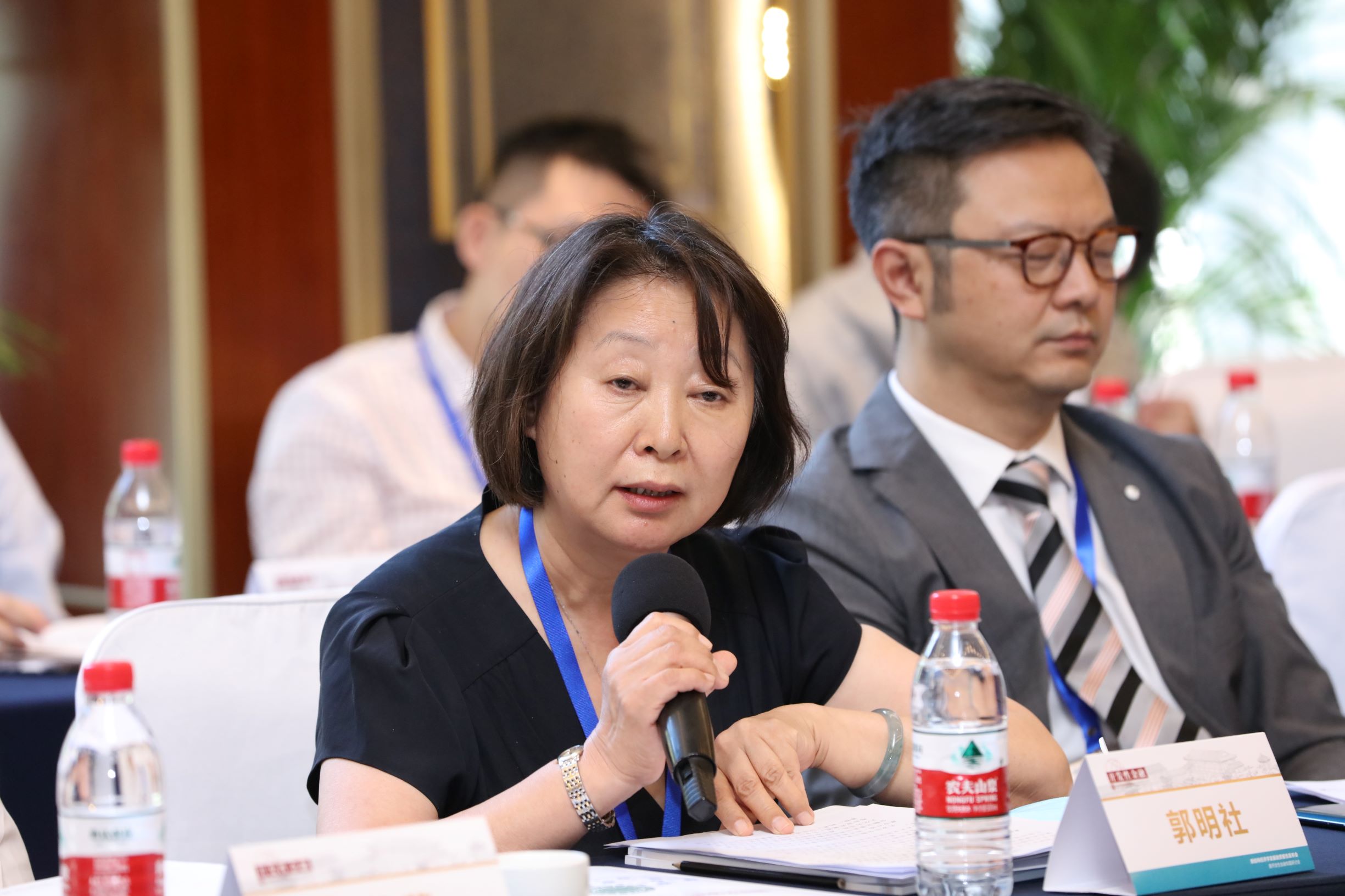
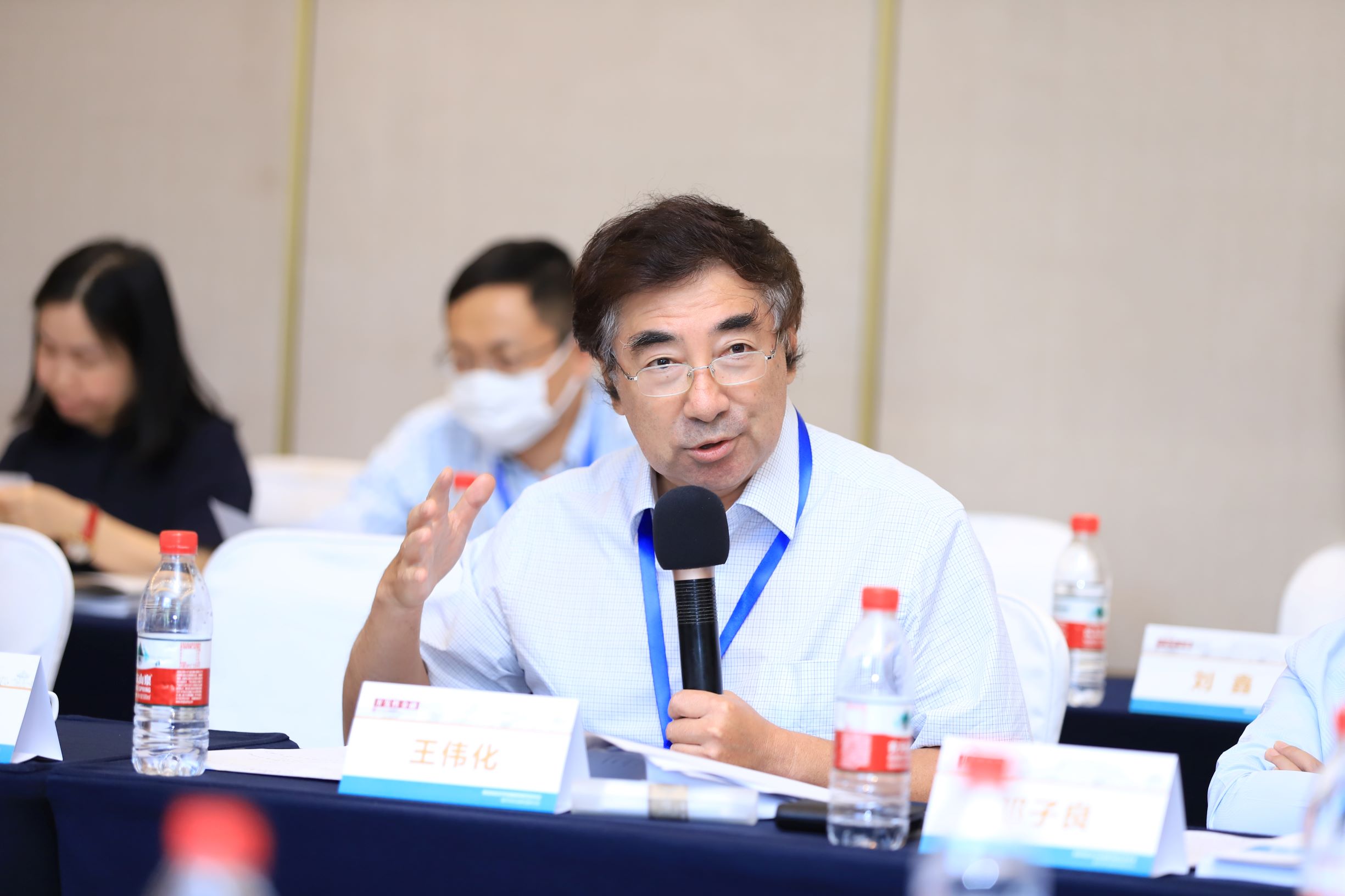
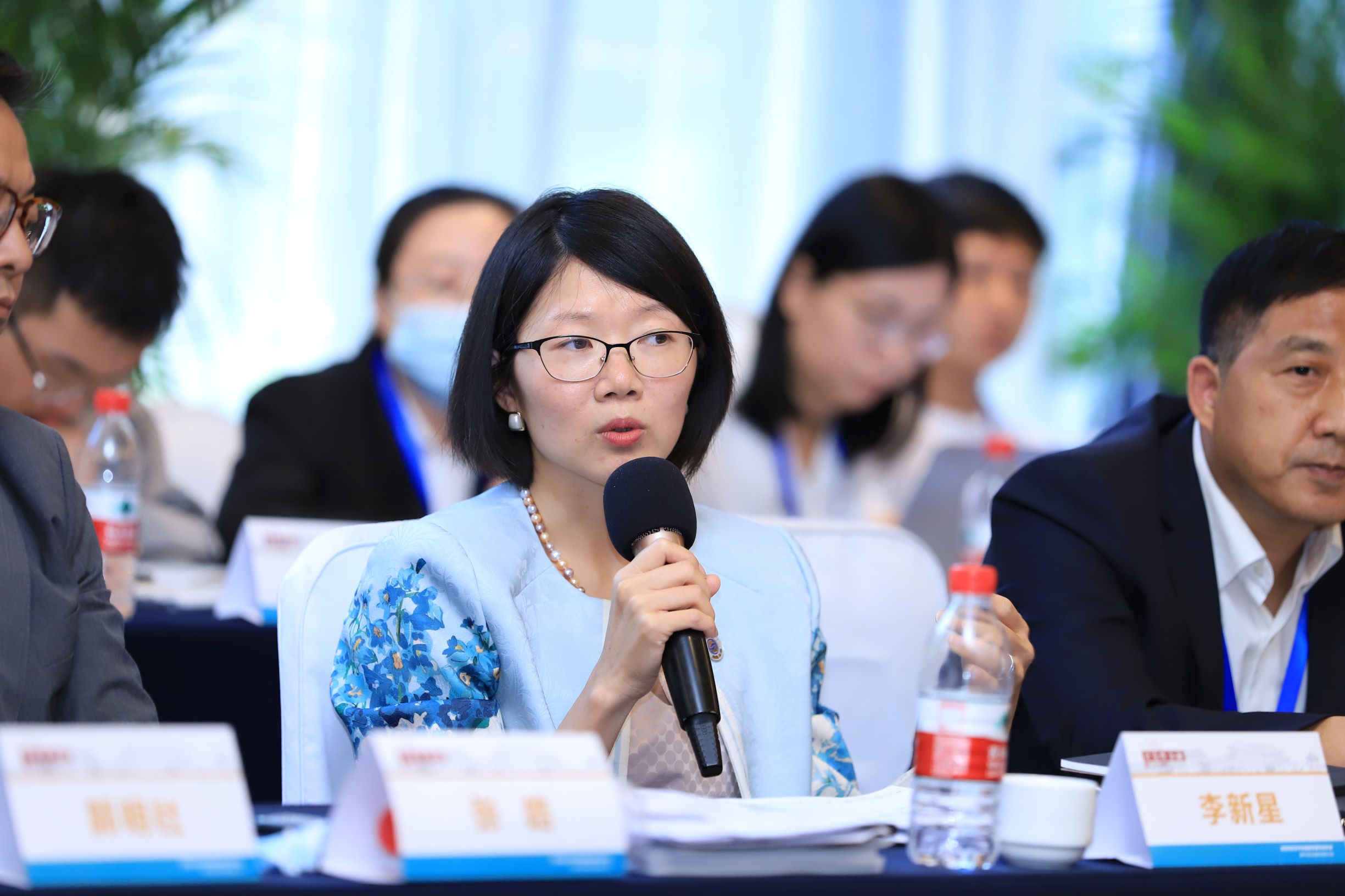
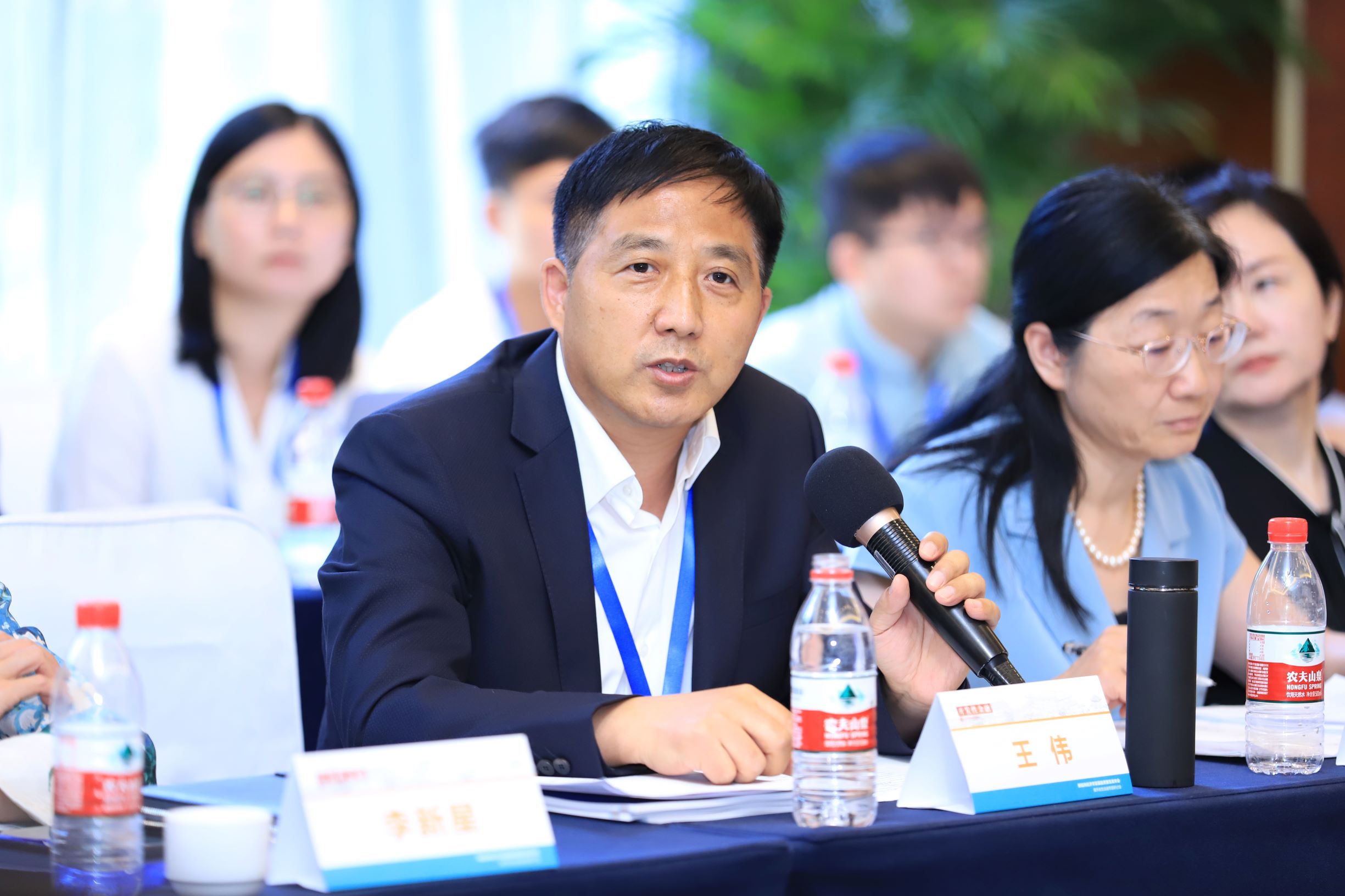
Panelists then aired their views on how PDBs and DFIs can better seize the opportunities of technological evolution and industrial transition in the post-pandemic era. Some panelists noted the importance to strengthening the internal technical capacity of DFIs, to improve talent cultivation in environmental, social, governance and engineering criteria, and urged DFIs to explore and develop their distinct niche; while other panelists shared their experience with providing green funds and green on-lending, as well as cooperating with governments to finance green projects.
Finally, when asked about how Chinese researchers can better learn from the practical experience of PDBs and DFIs in China to promote the development of research and talent training in related fields, panelists with academic backgrounds stated that New Structural Financial Economics has filled the gap in the literatures on development financing with potential to guide its practice. They also shared latest progress on evaluating the efficiency of DFIs, stressed the importance of using data to identify well-performing DFIs, and highlighted the importance of enhancing cooperation in international development.
The symposium has called for academic papers on PDBs and DFIs. Four papers stood out and were presented and discussed in the afternoon. Yening Zhang, Ph.D. candidate of School of Economics at Liaoning University opened the discussion session with a presentation themed "Research on the Public Finance Mission of the Development Financial Institutions", introducing his work co-authored with Yining Zhang. Muyang Chen, Assistant Professor of School of International Relations at Peking University, served as discussant. Kun Xu, lecturer at China Financial Center at Southwest University of Finance and Economics, presented a paper titled " Development Financing Can Solve the Credit Financing Dilemma of Enterprise Innovation" co-authored with Jie Liu. Bing Lu, Ph.D. candidate of PBC School of Finance at Tsinghua University, served as discussant. Haoyu Gao, Associate Professor of Department of Finance at Hanqing Advanced Institute of Economics and Finance, presented a paper themed "Plan before Move: Capital Market Evidence Based on Development Finance Cooperation Agreements", co-authored with Bingyuan Xie and Jincheng Fang. Di Gong, Associate Professor of School of Finance at University of International Business and Economics served as discussant. Kedi Wang, postdoctoral researcher at INSE, presented a paper themed "The Value of Government Debt Credit Support Policies - Evidence from the Commercialization and Restructuring of China Development Bank" co-authored with Jiajun Xu. Xiaojun Shi, Professor of the School of Finance and Economics at Renmin University of China served as discussant.
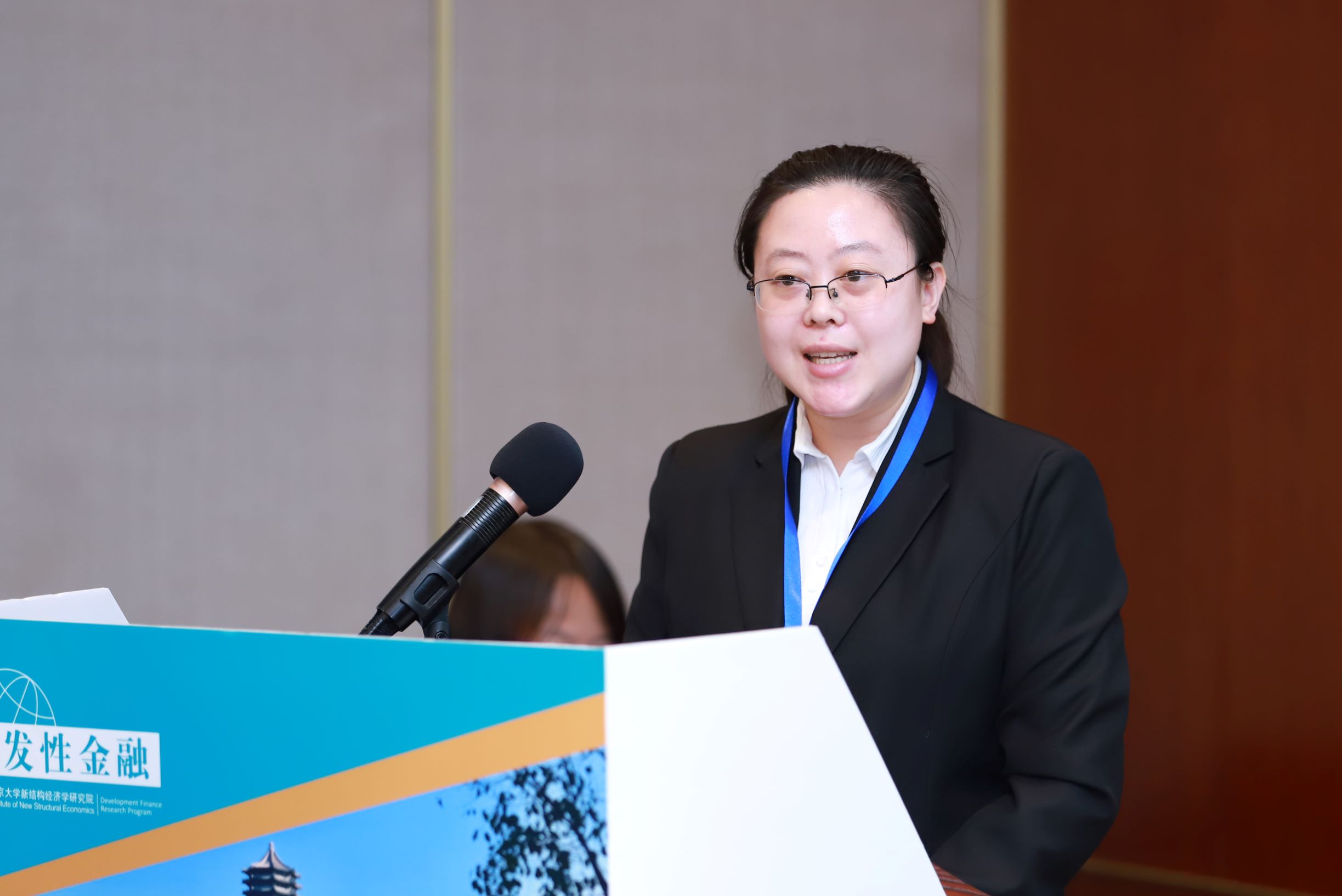
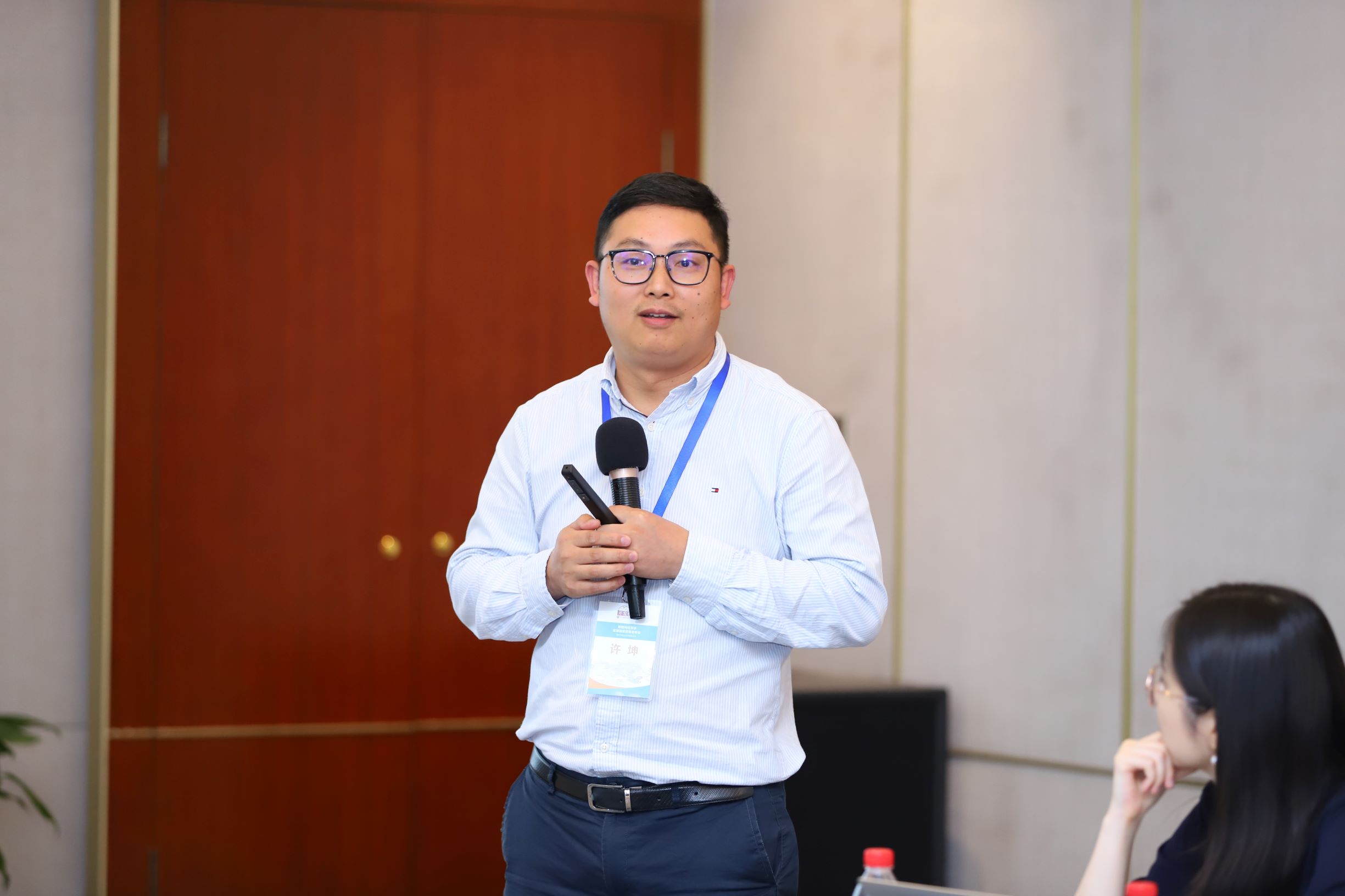
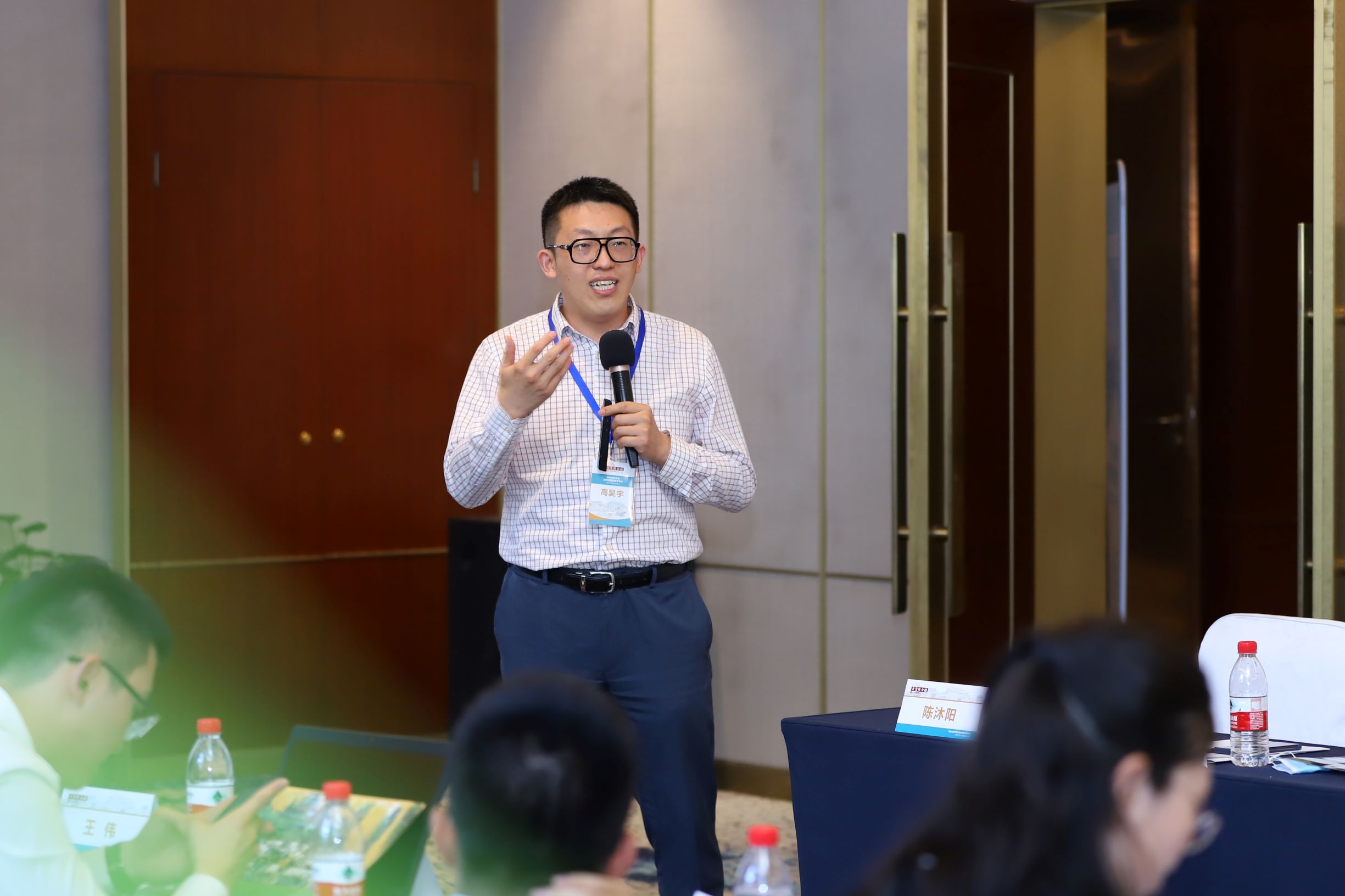
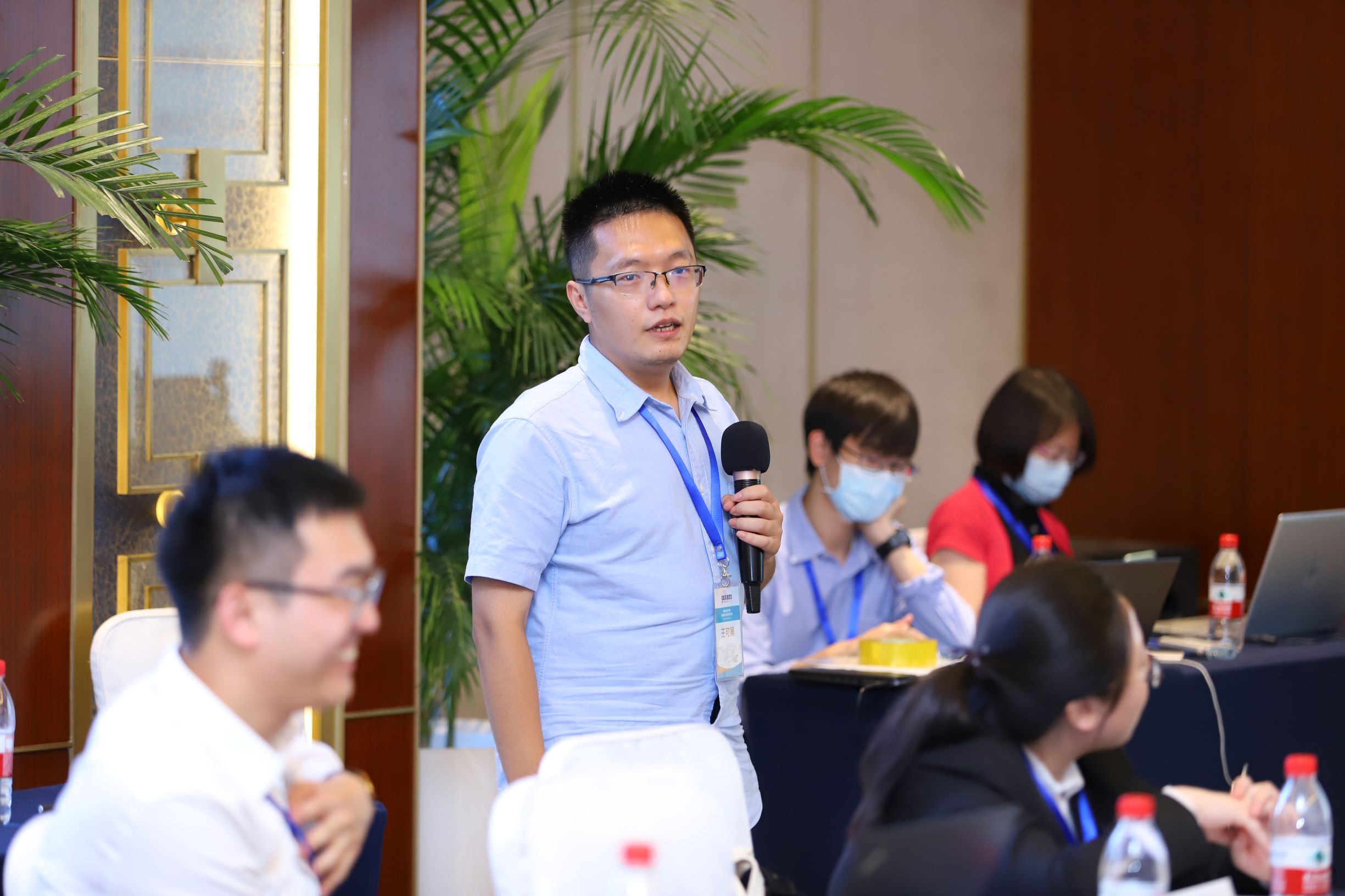
DFIs have the potential to become a potent policy tool to fix market failures, incubate markets and promote structural transformation. The world is witnessing the renaissance of DFIs, but systematic data collection in this field are very patchy, and academic studies on their role, operation and effectiveness are nascent. This symposium is aimed to incubate the nascent discipline of DFIs, foster academic research and talent training, and enhance policy dialogue in an effort to unleash the potential of development finance in achieving Sustainable Development Goals and seizing the opportunity of a new wave of technological revolution and industrial upgrading.




